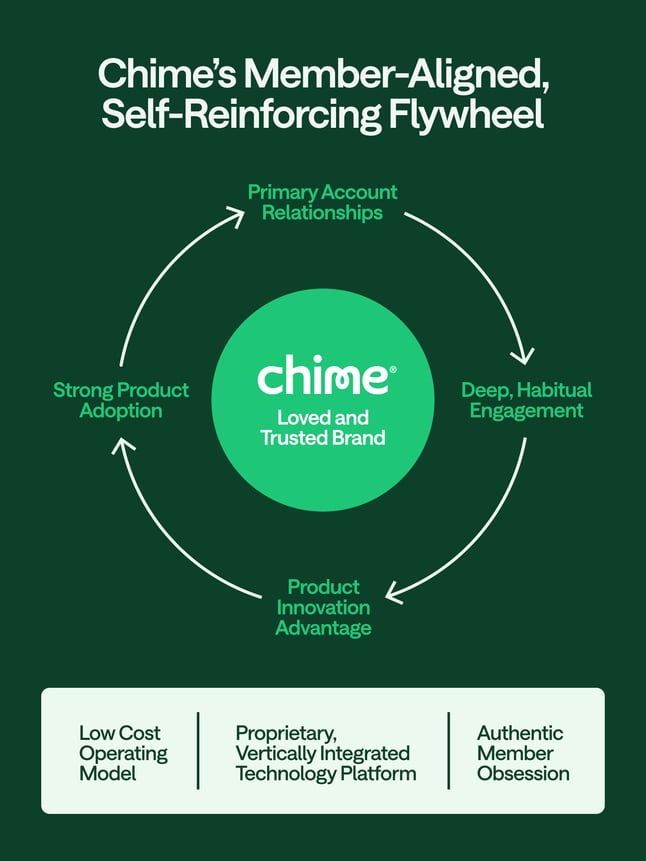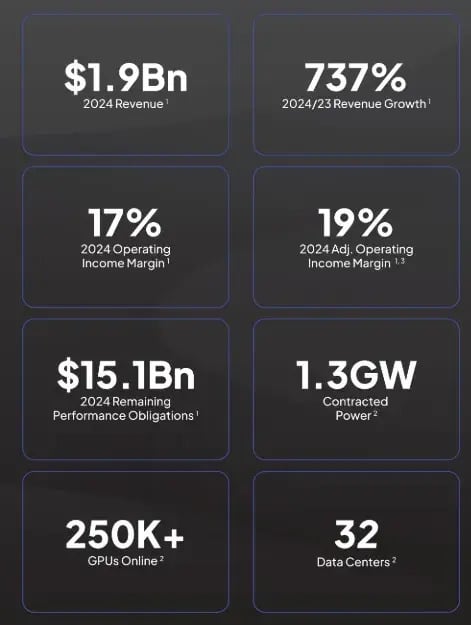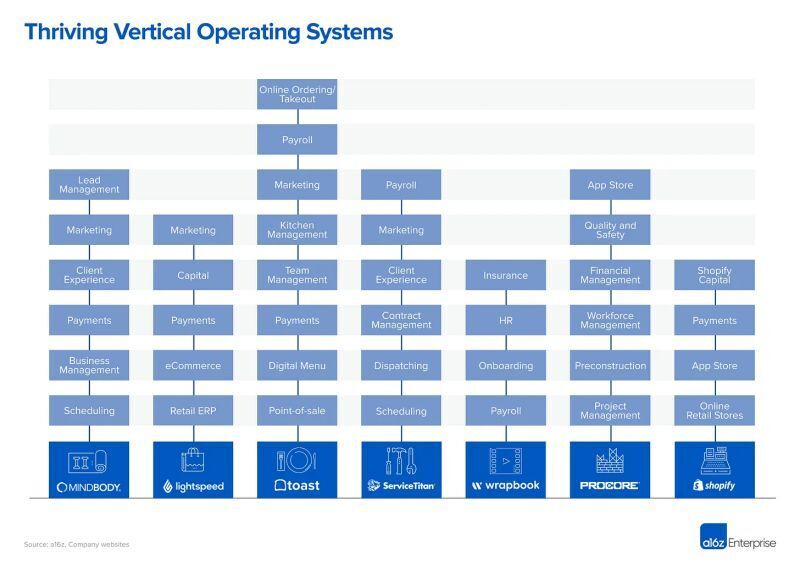Mostly metrics

“Fortune 500 CFO experience, for $40 an hour!”

Mostly metrics is proudly powered by Brex - the platform built for high performance finance teams.
CFOs are making uncertainty a line item.
A few years ago, I could crack a Miller Lite and go on about chasing top-line growth or how I once approved a $10M ARR forecast based on vibes and a Notion doc. Now? None of my CFO friends have the time, or even the appetite, for that. They’re too busy learning, unlearning, and relearning what finance needs to be in an AI-powered world.
Brex captured this shift in The CFO Imperative, a survey of 500 finance leaders, and gives it to us straight. CFOs aren’t building for one scenario anymore, they’re building for 10.
69% say their stack is too complex. And with 97% seeing ROI from AI, they’re all but begging teams to adopt AI faster.
Bottom line: The new finance KPIs are flexibility at scale, global automation, and how fast you can deliver. See how they plan to make it happen.
Do you live in London?
I’m coming to London and would love to meet readers. I’m renting out a bar for a happy hour on Thursday September 4th. If you want to join me and 40 to 50 of the smartest CFOs, finance, strategy, and ops pros in the city, please RSVP below.

Hope they serve Miller Lite across the pond
Feature Story
ARE FRACTIONAL CFOs A GRIFT?

Do you like building financial models? I’m not very good at it. But it doesn’t matter.”
It was the best of times, it was the worst of times.
Fun fact: Dickens was describing the fractional CFO market. Everyone wants one. No one seems happy with theirs.
On average, I get asked 2x a week for fractional CFO recommendations.
And on average, I get complaints 3x a week about someone’s current setup.
For some reason, founders have started treating me like a safe space to vent about their fractional finance help. Maybe because I write about this stuff. Maybe because I listen. Maybe because I don’t bill by the hour.
Just to be clear: I don’t do fractional CFO work. Not my thing. Feels too much like financial tourism.
But here’s the thing: fractional CFOs are incredibly important. Especially in the early stages.
When You Actually Need Finance Help
Most startups don’t need a full-time finance person until they’re doing at least $5 million in revenue, or have raised a Series B.
And even that’s not a hard rule. I say Series B because revenue doesn’t always correlate with complexity. I’ve seen $50M ARR SaaS companies with clean books and simple ops. Reps sell deals, customers buy deals, money comes in, payroll goes out. Rinse and repeat.
Meanwhile, a $5M healthcare marketplace can look like seven dimensional chess.
What you need early on isn’t a CFO. It’s someone who understands how your business actually makes money, and how to keep it from lighting cash on fire.
That’s why I usually recommend making your first business hire (not a CFO, not a Head of Finance, not someone who walks around quoting GAAP).
If you’re not allocating capital at a fast clip yet, just monitoring cash leaving the building, there’s not much point in paying someone to call balls and strikes. You need someone who can partner with product and sales, connect the dots, and make sure you’re not flying blind on cash.
Which is why there’s a market need for a different kind of help…
The Market is Hot. Too Hot.
That’s why the fractional CFO market is booming, especially in the venture backed world. The need is real.
But here’s the rub: a lot of the people filling that need aren’t actually qualified.
Most fractional CFOs I come across fall into one (or both) of two buckets:
They’ve never been the full-time CFO of a company.
They couldn’t credibly step into that role if you needed them to.
It’s the “I couldn’t make the team, so I started my own” type thing.
(Reminds me of the time this kid in high school didn’t make the baseball team so his dad funded a private AAU team that was supposedly “more elite”)
You see, the CFO role is different from the rest of the exec team.
Founders can anoint themselves. Product leaders can invent their own lane. But a CFO? Someone has to choose you.
Why? You're acting as a fiduciary, trusted by shareholders to allocate capital wisely, protect the company's long-term value, and flag when something doesn’t add up. It’s less about closing the books, and more about protecting the business from itself.
The Expectation Gap
Last month I spoke to a founder whose company does about $2M in annual revenue. We both agreed: they’re not ready for a full-time finance hire yet.
What didn’t make sense? They’re already on their second fractional CFO firm in under a year. And this one is taking 18 to 20 days to close the books and give them numbers to review.
In the founder’s words:
“I don’t get it. There’s, like, not even that much to close.”
Another company I invested in had the same issue. They’re a marketplace business. But both fractional firms they worked with tried to shove them into a cookie-cutter SaaS model.

“So, you’re saying we should measure our marketplace business using you’re pre built SaaS template…?”
The biggest gripe people have with fractional CFO firms isn’t accuracy. It’s the gap between expectations (what you thought you were buying) and reality (what actually gets delivered).
Example A: Title Inflation
To justify higher fees, many firms hand out bloated titles like candy. I’ve met fractional “Finance Directors” who wouldn’t cut it as senior FP&A analysts.
Example B: Labor Arbitrage
The person managing the relationship is in the U.S. The person actually doing the modeling? Probably based in Eastern Europe, India, or Africa.
There’s nothing wrong with the latter; it’s a savvy move. And many of those folks are excellent at what they do. Better in some cases than US labor. But it’s still a gap in expectations. And when context or communication breaks down because the person who knows the guts of the business is 12 hours away, it becomes a problem.
And the Margins Are Wild
If you’re charging $8,000 a month for “CFO + FP&A + Bookkeeping,” and it only costs you $4,000 to deliver… congrats, you’re running a cash cow.
I know some of you keeping score at home are doing the mental math:
“If I land 10 clients, that’s $80K in monthly revenue… and $40K in margin for me.”
That’s the allure. That’s why the market is flooded.
Even with the ones who shouldn’t be allowed in.

Many fractional CFOs should be thrown out of the club.
When You Find a Good One
So, fractional CFO providers… if you’ve made it this far without rage-unsubscribing or cursing my family name, I’ve actually got some nice things to say.
Because when you find a great fractional CFO? They’re one of the highest-leverage dollars a company can spend early on. Maybe second only to a “cracked engineer” who doesn’t sleep (I still don’t truly understand what that terms means").
Forget printing your financial statements. A truly great fractional CFO can unlock value in a few game-changing areas:
Pricing decisions: Sometimes a small tweak can lift margins by 5–10% (margin that flows DIRECTLY to the bottom). But you only find that lever if someone’s looking closely.
Hiring cadence: Who should you hire next, and when? Mis-sequencing your hires is one of the fastest ways to delete money from your bank account.
Not running out of cash: Cash flow is the lifeblood of your business. A good CFO makes sure you don’t hemorrhage.
Forecasting reality checks: Most plans are fiction. A great CFO builds something you can actually operate against (without embarrassing yourself at the board meeting).
And There’s Emotional ROI Too
I’d be remiss not to mention the lower-leverage stuff - the things that don’t move the model, but definitely calm the founder brain:
Relief from board decks: Not just the work, but the mental overhead.
Market validation: A gut check on whether your approach is insane (or just uncommon).
Easy to unplug: If it’s not working, you walk away. No equity. No messy offboarding.
Final Thoughts + My Checklist
If anyone should be frustrated, it’s not just the founders who DM me. It’s the really good fractional CFOs… the ones doing excellent work, whose reputations get dragged down by firms hawking spreadsheet snake oil.
There’s a reckoning coming. The market’s going to separate the steak from the sizzle.
So if you’re thinking about hiring a fractional CFO, here’s my go-to checklist. Ask these upfront—and actually listen to the answers:
Where is the actual accounting and modeling performed?
Can you give me two references from companies with a similar business model and stage?
What part of our model would you spend the most time stress-testing, and why?
What does a typical monthly cadence look like with your clients (beyond just delivering reports)?
Have you ever held a full-time finance leadership role at a startup?
What’s your philosophy on when a company should bring finance in-house?
Looking for Leverage Newsletter
STOCK vs ASSET DEALS

PE’s hold period is growing. And it changes the job for operators, holding down the fort. Also, I wrote that bad joke, not AI.
If you’re like me, for longer than I care to admit, whenever someone spoke about a “stock vs asset deal” when it came to buying a company, I just nodded my head like I knew what they were talking about.
TL;DR: A share deal is when you buy the entire company. An asset deal is when you pick which parts of the company you are buying.
Deciding whether to structure a business sale as an asset sale or a stock sale can be complicated because the parties involved typically benefit from opposing structures
Generally, sellers prefer stock deals, and buyers prefer asset deals
But there are advantages and disadvantages to each structure, depending on why you are doing the deal in the first place
They say that great companies are bought, and not sold. In that sense, whomever has the upper hand in the negotiations usually gets to push for the deal structure they prefer. Figure out which is best for you.
Run the Numbers Podcast
CHIEF STRATEGY OFFICER at PLAID
A convo with Jason Pate
If you’re curious about what it’s really like to navigate a multibillion-dollar acquisition deal during a global pandemic, while under intense scrutiny of the Department of Justice, this episode is for you.
Jason Pate, Chief Strategy Officer and former Chief Financial Officer at Plaid, takes us behind the scenes of Visa’s $5 billion bid to acquire Plaid and why it ultimately didn’t happen. Jason also explains:
Plaid’s recent $575 million fundraising round to solve for employee RSU liquidity.
The importance of understanding your customer's P&L
How to build durable fintech revenue streams through diversification
Negotiation tips for getting what you want (and forming a deal that lasts)
The future of payments
Quote I’ve Been Pondering
ON “COMMITMENT”
“There are so many reasons we can skirt commitment; I could write an entire newsletter just on these excuses alone. But every excuse is just a declaration of what someone values more than their stated goals.”
Wishing you M&A deals that go through (if you actually want them to)
CJ







